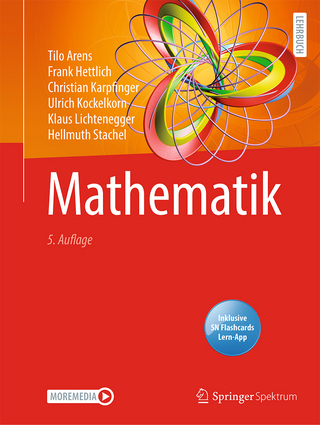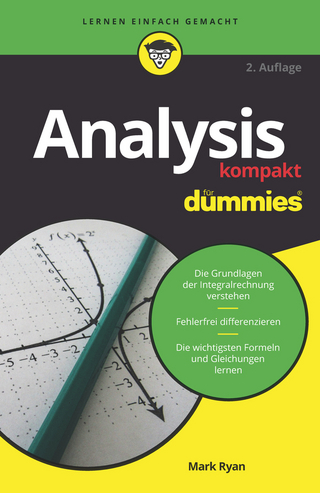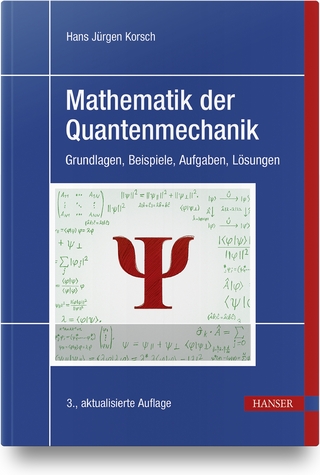
Quantitative Approaches to Microcirculation
Springer International Publishing (Verlag)
978-3-031-58518-0 (ISBN)
- Noch nicht erschienen - erscheint am 07.08.2024
- Versandkostenfrei innerhalb Deutschlands
- Auch auf Rechnung
- Verfügbarkeit in der Filiale vor Ort prüfen
- Artikel merken
Microcirculation is a key area of interest within the realms of biology and medicine. As a vital discipline, microcirculatory biology forms a significant part of established medical fields like cardiovascular medicine and oncology, and is increasingly relevant in emerging fields such as neuroscience. With its multifaceted nature, the study of microcirculation has evolved from basic observations and experiments to embrace cutting-edge imaging technologies, quantitative methods, and the power of data science. This volume brings together a series of insightful chapters that highlight the latest trends in modeling microcirculation. It casts a spotlight on the vital role of microcirculation in brain function modeling and the innovative applications of microvascular models in oncology. Readers will be introduced to state-of-the-art methodologies of microcirculation modeling. A key focus is on mixed-dimensional models, mathematical methods adept at describing complex interactions within lower dimensional manifolds. Each chapter thoughtfully navigates the mathematical, computational, and practical challenges of these approaches, underscoring their effectiveness in capturing the essence of microcirculation. This book offers a window into the latest advancements and methodologies that are shaping the future of this vital field.
Paolo Zunino is Full Professor in Numerical Analysis at the laboratory of Modeling and Scientific Computing (MOX), Department of Mathematics, Politecnico di Milano. His research interests concern the development of numerical methods for partial differential equations, with focus on multiscale and reduced order models applied to life sciences. He is particularly interested in coupled problems involving lower dimensional manifolds, generally called mixed-dimensional partial differential equations. They arise from applications of paramount importance in the sciences, including but not limited to materials science, geo- and the life sciences. They are crucial for understanding the interaction between vasculature and living tissues, which is pivotal in cancer physiology. Using these tools, he has successfully developed sophisticated tumor models, integrating them with complex data sources. These models have been instrumental in studying the impact of treatments like radiotherapy, chemotherapy, and immunotherapy. He has co-authored more than 130 publications on mathematical modeling and computational methods applied various fields of engineering and life sciences.
Andreas Linninger is a Full Professor of Biomedical Engineering and Adjunct Faculty of Neurosurgery at the University of Illinois at Chicago. He also held appointments at the University of California at Berkeley, Massachusetts Institute of Technology and Rijksuniversiteit Gent. His work includes pioneering contributions to mathematical modeling of the intracranial dynamics of cerebrospinal fluid, blood flow, hydrocephalus and drug delivery systems for the Central Nervous System. He has developed algorithms for in silico synthesis of anatomically accurate digital replicas of the whole mouse and human brain. His Fourier-based dual mesh techniques for reactive diffusion-convection problems enable metabolic simulations of unprecedented resolution in multi-scale, multi-physics, mixed domain problems that arise in solute exchange across the blood brain barrier. He has authored more than 170 peer reviewed publications and a dozen chapters in mathematical and biomedical textbooks.
Kent-Andre Mardal is a Full Professor at the Department of Mathematics, University of Oslo, Norway and an adjunct Chief Research Scientist at Simula Research Laboratory, Oslo. His research interests involve finding accurate, efficient and robust numerical schemes for challenging multi-physics, multi-scale and mixed dimensional problems, as well as developing computational models of the human brain in health and disease. He strongly believes that the complex and interdisciplinary modeling of the human brain requires advanced numerical schemes and scalable high performance computing. Mardal has more than 130 papers with more than 200 co-authors ranging from theoretical numerics to translational medicine such as glymphatic clearance during sleep.
- Mathematical Models of the Cerebral Microcirculation in Health and Pathophysiology.- A computational model of the tumor microenvironment applied to fractionated radiotherapy.- Microvascular modeling for medical imaging and toxicity assessment.- Finite element software and performance for network models with multipliers.- A Fast-Fourier Preconditioned Schur Complement Method for the Simulation of Cerebrocortical Oxygen Supply.- Robust Preconditioning of Mixed-Dimensional PDEs on 3 -1 domains coupled with Lagrange Multipliers.- Numerical approaches for multiphase microfluids.- Application of the Zenger correction to an elliptic PDE with Dirac source term.
| Erscheint lt. Verlag | 7.8.2024 |
|---|---|
| Reihe/Serie | SEMA SIMAI Springer Series |
| Zusatzinfo | X, 210 p. 71 illus., 66 illus. in color. |
| Verlagsort | Cham |
| Sprache | englisch |
| Maße | 155 x 235 mm |
| Themenwelt | Mathematik / Informatik ► Mathematik ► Analysis |
| Mathematik / Informatik ► Mathematik ► Angewandte Mathematik | |
| Mathematik / Informatik ► Mathematik ► Wahrscheinlichkeit / Kombinatorik | |
| Schlagworte | Mathematical Modeling • microcirculation • microfluidics • Mixed-dimensional models • Numerical Methods • oxygen transfer |
| ISBN-10 | 3-031-58518-6 / 3031585186 |
| ISBN-13 | 978-3-031-58518-0 / 9783031585180 |
| Zustand | Neuware |
| Haben Sie eine Frage zum Produkt? |
aus dem Bereich


